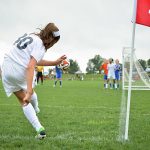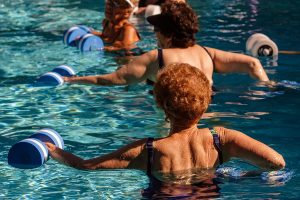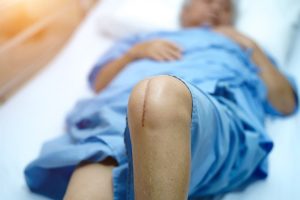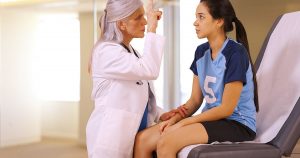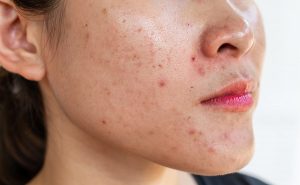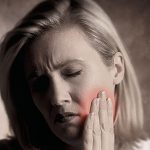
Here’s a compelling reason to keep those dreaded appointments with your dentist: New research suggests that red, tender or bleeding gums could trigger high blood pressure. In a review of 81 studies that included more than 250,000 people, U.K. scientists found that those who had moderate to severe gum disease (periodontitis) had a 22% increased risk for high blood pressure, and those with severe gum disease had a 49% higher risk. “Oral health is closely linked to general health,” explained researcher Dr. Francesco D’Aiuto, head of the periodontology unit at University College London’s Eastman Dental Institute. “Looking after your teeth and gums is often neglected, but [it] should be as important as managing other general health risks,” he added. Among people with periodontitis, systolic pressure (top number) was 4.5 mm Hg higher and diastolic pressure (bottom number) was 2 mm Hg higher, on average, than people without gum disease, the researchers found. In five of the studies analyzed, researchers found that blood pressure dropped when periodontitis was treated. Blood pressure also dropped in patients treated for gum disease who didn’t have hypertension, they added. But whether treating periodontitis really is the cause of a drop in blood pressure isn’t certain, D’Aiuto said, since the study did not prove a cause-and-effect link. “Bad brushing and bacteria accumulation around teeth causes gum bleeding and disease, but also… read on >










